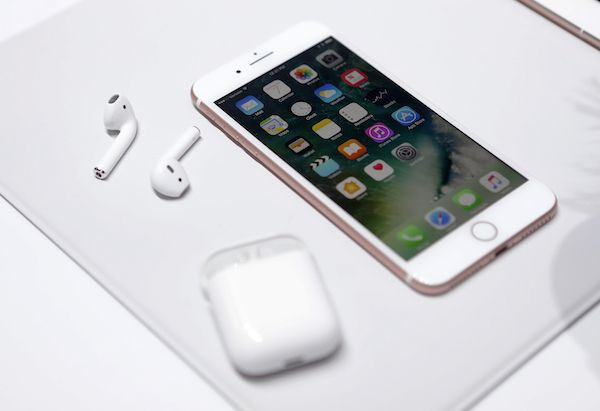Fake Lightning Cables Headed For Mass Production: How To Protect Yourself

Fake lightning cables are now headed for mass production. This reported fraud is on its way to pose a serious risk to Apple customers who are unsuspicious and buying cables believing that they are buying the real one. How you protect yourself?
Fake lightning cables have just been successfully made in a factory as the security researcher who developed the said tool reported through an online chat over the weekend. Mike Grover, the developer who calls himself MG named the hacking cables which look identically as the genuine Apple lightning charger for iPhones as OMG.
How It Works
OMG which looks like a genuine Apple cable does not only charge your iPhone, it also transfers data as a usual iPhone lightning cable does. A serious risk to the users is that it is built with a wireless hotspot that hackers can freely access.
MG describes the hackers' access through the cable as being there to sit at the victim’s mouse and keyboard without actually being there. Once connected, hackers can freely run commands, various scripts and hijack the computer to access the victim’s files without the user realizing it.
How Is A User Alerted of the OMG’s Access?
In the DEF CON security conference held on August 2019, MG introduced and sold his handmade version of the OMG for $200. Surprisingly, upon testing the cable in an iPod, the only hint that appeared to alert the attempt to access the device was the pop up asking to verify if the user trusted a certain computer. This only indication could not be enough as pops ups such as this are often overlooked and not read.
OMG’s Current Status
As of this writing, OMG has been verified for factory settings and mass production. Hak5, a security company already set up a page for ordering the OMG once it hits the markets. MG revealed through their website that the mass-produced OMG will be sold at $100.
How Do You Protect Yourself?
When asked about the matter, Apple suggested for iPhone users to use only Apple-certified accessories with MFi badge. Users, on the other hand, can find safety for now by being more attentive to even unnoticeable pop-ups asking if you trust a certain computer.
© Copyright IBTimes 2025. All rights reserved.



















